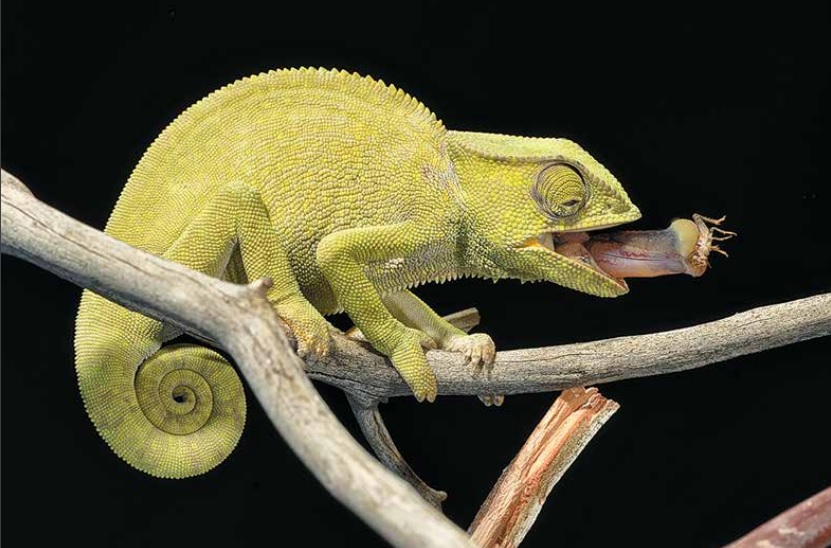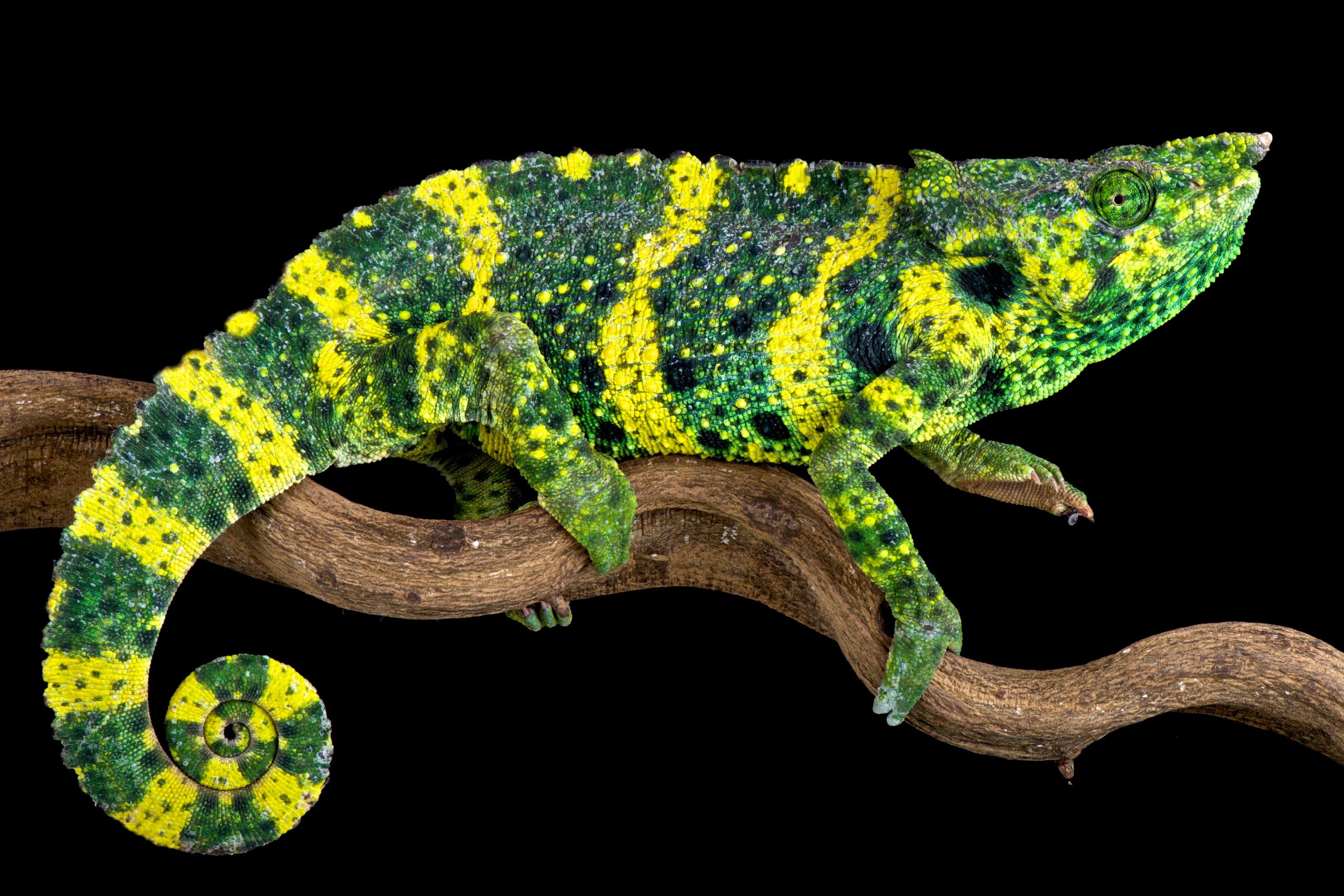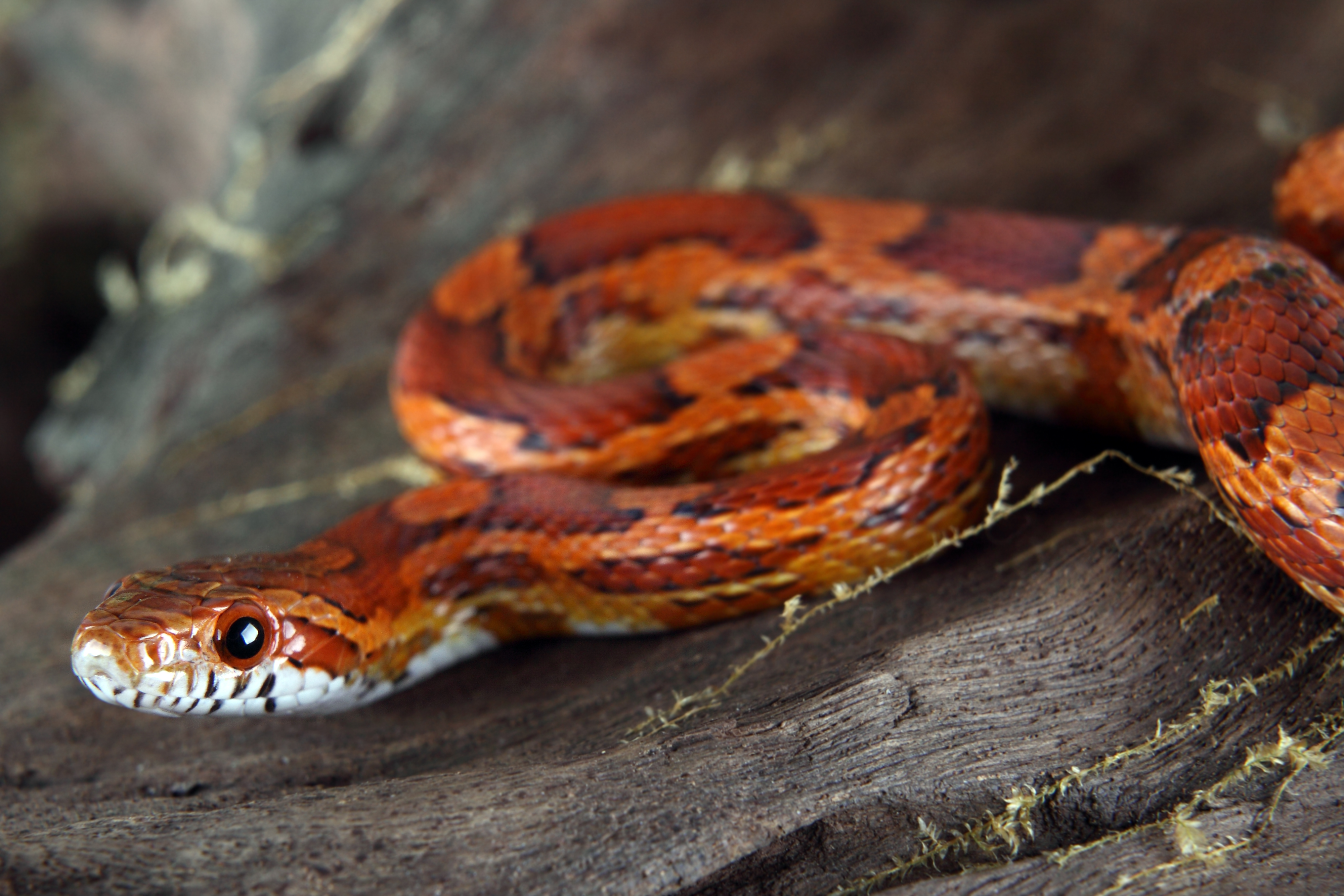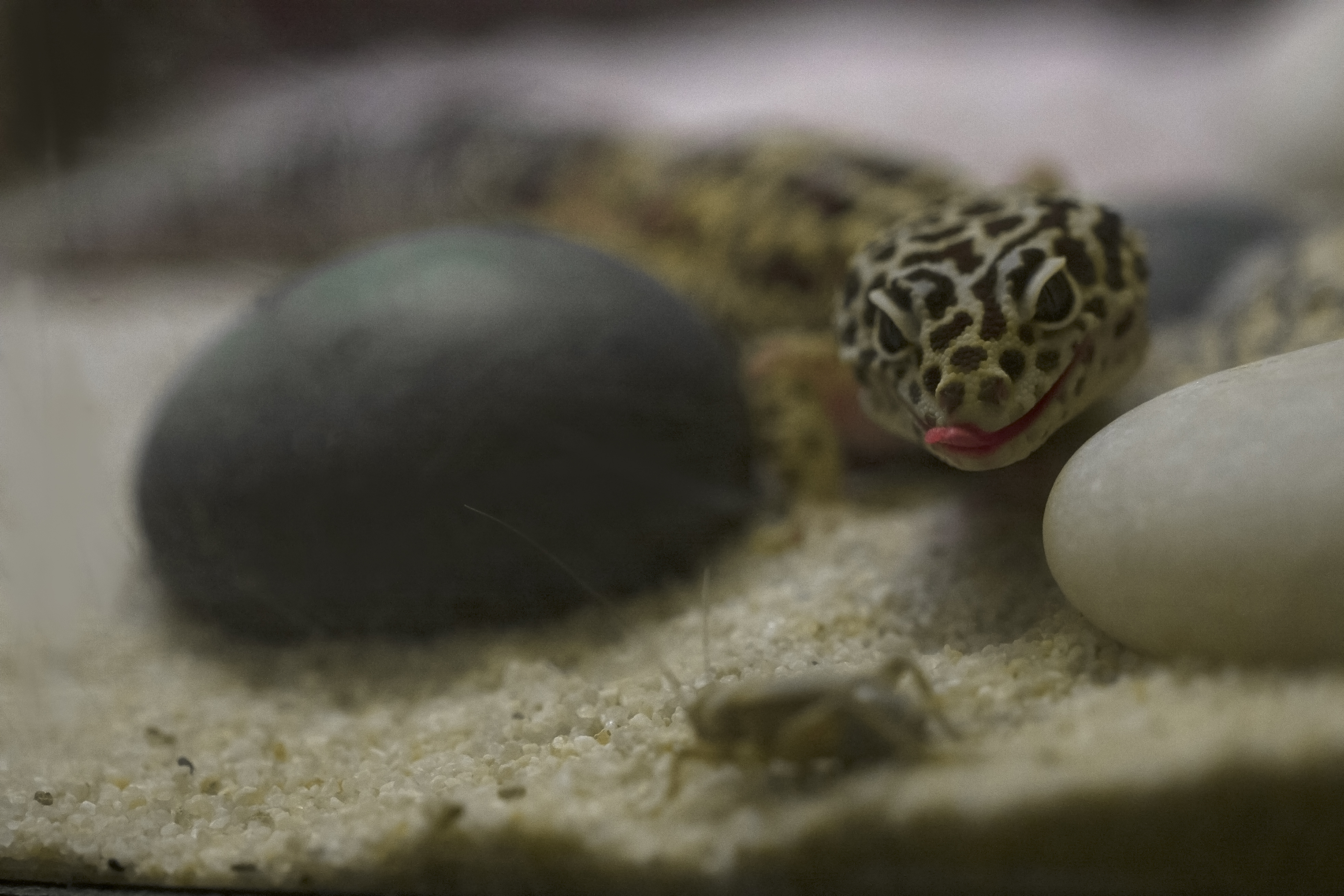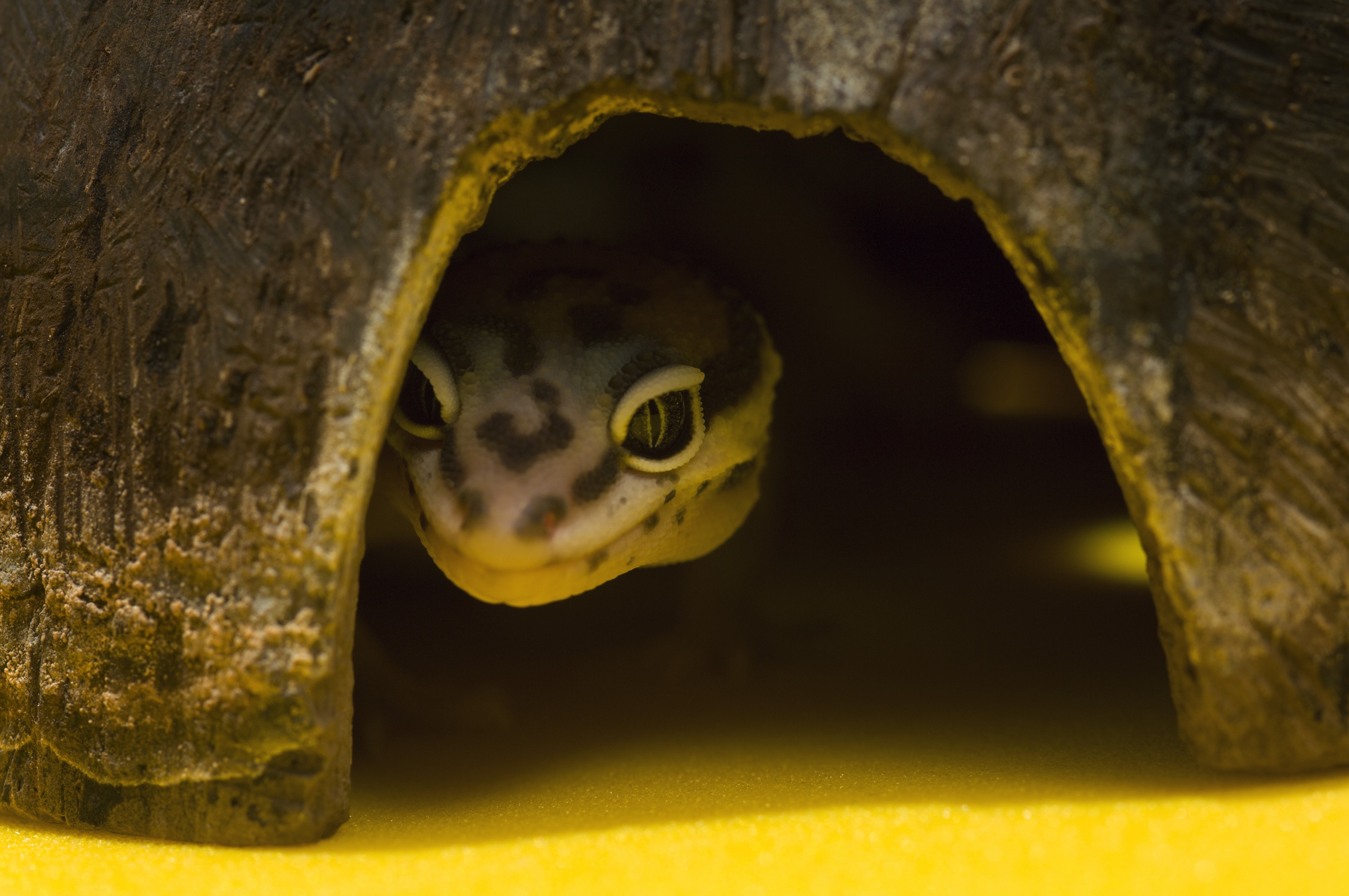Retailers are Offering Feeder Insects Beyond the ‘Normal’ Mealworms or Crickets
John Mack//May 7, 2018//
Retailers are Offering Feeder Insects Beyond the ‘Normal’ Mealworms or Crickets
John Mack //May 7, 2018//
In my article in the April issue of Pet Age, I discussed the merits of stocking live food as opposed to frozen or otherwise preserved packaged food. And while both options have their advantages and drawbacks, the fact remains that a pet store should absolutely be stocking some form of reptile food to not only foster ongoing relations with customers, but to also reap the lucrative rewards of subsidiary and follow-up sales.
However, the question remains: With so many options at our fingertips, what types of reptile food should a pet store have?
One of the most important developments in the reptile trade in the past few years has been the creation and marketing of what has come to be referred to as “specialty food.” For our purposes, specialty food refers to reptile food that is somehow above and beyond what one might normally expect as the baseline for a reptile’s diet. If a juvenile bearded dragon would typically have a diet of mealworms and crickets, supplemented by dark greens, a bearded dragon owner might choose to purchase specialty items such as vitamin-rich, gut-loaded insects or a pre-packaged blend of greens optimized for bearded dragon nutrition.
At the forefront of these developments has been Allen Repashy of Repashy Ventures.
“Stocking specialty food and feeders is a great way to insulate yourself from the big-box stores and the online resellers,” Repashy said. “You always need a reason to get customers into your store, and one of the best ways is to have something available that isn’t in stock anywhere else near you.”
Repashy’s products are particularly notable for their unique food blends that provide a nutritive alternative for pet owners who may feel less comfortable providing live insects. Items such as Repashy’s “Grub Pie” insectivore gel or the “Mango Superblend” for crested geckos can provide easy-to-store, easy-to-prepare food alternatives, capable of giving a reptile every nutrient needed in a utilitarian format.
However, Repashy is quick to note that “offering live feeder insects opens up a huge dry good section for you to sell alongside them. Calcium dusts, insect gutloads, insect diets, food and water containers—all these things can be add-on items for your regular insect customers.”
Many suppliers, including Repashy, Timberline and Ghann’s, as well as retailers are currently offering feeder insects beyond the “normal” crickets or mealworms.
The most common form of these insects are known as gut-loaded insects. Gut-loaded feeder insects are named as such because they’ve been fed their own diet of foods containing nutrients suitable for the animal to which they are being fed, so that the nutrient value might be passed onto the feeding reptile. Typically, these nutrients are made up of various carbohydrate compounds, fats, proteins and various minerals. Most notably, Vitamin A is often gut-loaded into insects, as many generic, commercially raised insects have little of that necessary vitamin.
Timberline Live Pet Foods has taken a different approach to vitamin supplementation outside of gut-loading, via its Vita-Bug product line.
“Insects in the wild are nutritionally superior to others, particularly in Vitamin A and Vitamin E content,” Timberline Sales Manager Andy Petitt said. “At Timberline, we’ve bridged the gap between wild and captive-bred insects via our proven and patented Vita-Bug product line which actually changes the nutritional value of the bugs’ tissue permanently.”
Pettit further notes that when Vita-Bugs are paired with Timberline’s Calciworms, a live worm naturally high in calcium, it can “replace any additional dusting or gut-loading.”
As another alternative to gut-loaded insects, some wholesalers have begun carrying feeder insects that are simply higher in nutritive value than the basic crickets or mealworms, billing these instead as “premium” feeder insects. Repashy notes that while live feeder insects haven’t changed much in recent years, a few new species have gained popularity as premium insects: notably, black soldier flies, silkworms and hornworms.
Pettit also makes mention that hornworms (Manduca sexta) have become particularly notable in recent years.
“It’s a fast-growing, nutritious feeder for reptiles that can grow very large, some up to four inches long with the mass of 20+ adult crickets,” he said. Hornworms are noted to be of particular use when trying to get a reluctant reptile to feed or when feeding a slightly dehydrated reptile.
Hornworms are particularly suitable for larger lizards—bearded dragons, leopard geckos, chameleons, and other larger, insect-eating lizards can all be great subjects for hornworms as either staple foods or as occasional additions to their diet. Hornworms have a significant protein and fat content, as well, which can provide additional value to reptiles who have been reticent to eat.
Similarly, dubia roaches (Blaptica dubia) have begun to be viewed by some to have their place among “premium” feeder insects. These roaches are seen by some as a superior feeder insect for reptiles that would typically feed on crickets, as they have a naturally higher protein count than crickets and are more mobile than meal – worms, which results in a more successful feeding rate.
In terms of greenery, specialty items offer an independent pet store an opportunity to compete with supermarkets and other big-box stores in terms of feeding reptiles that would typically eat spinach, lettuce or other leafy greens. Timberline’s “Reptile Salad” line goes a long way in terms of offering a premium series of nutrients, meant specifically for these herbivores. The company’s Reptile Salad contains kale, red endive, dandelion greens and leaf lettuce—no matter how well stocked a supermarket might be, they’re simply not going to be able to offer all of those items, especially not in an easily refrigerated box. As such, this product offers the independent retailer a clear advantage by enabling it to offer something that other stores simply can’t offer.
However, when it comes to stocking specialty items, remember that they are just that: specialty items. Customers of every economic bracket should be able to walk into a pet store and feed their reptile a nutritive, appropriate diet. Even if retailers stock their store with numerous premium items, they should always look at carrying a ‘baseline’ feeder item for every reptile that they carry, so that customers are always best served.
And, as always, it’s vital that retailers have knowledgeable staff who are able to educate customers on how best to feed their reptiles. Customers appreciate choice, but if they don’t know they have a choice, that choice doesn’t really exist. Education solves that problem and brings more profit to a retailer’s bottom line.
